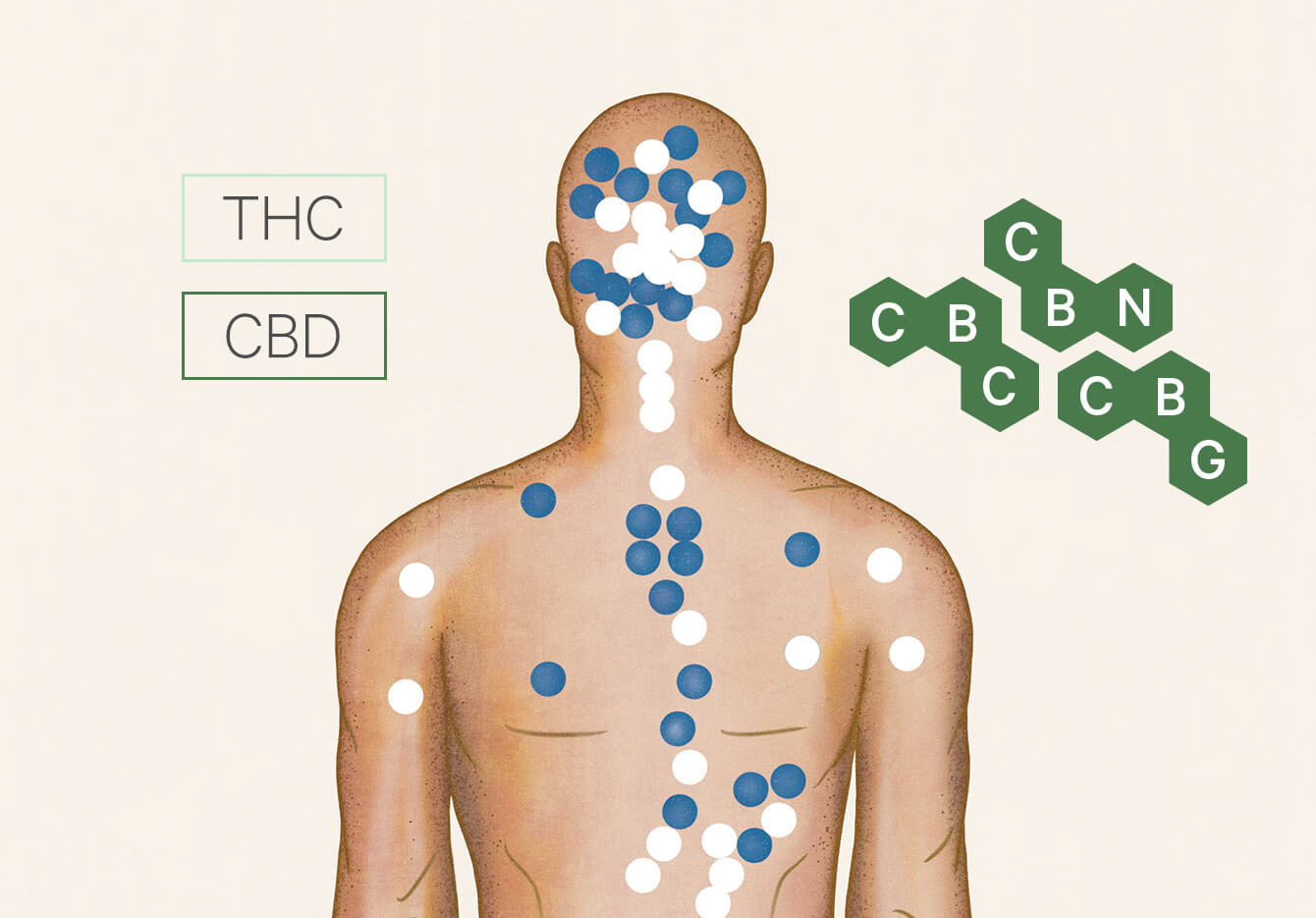What Are Minor Cannabinoids?
Discover the significance of minor cannabinoids and explore the ongoing research into CBN, CBC, and CBG for their potential contributions to the wellness sector.

Most individuals are familiar with THC and CBD, but what about CBG, CBC, and CBN?
These compounds, collectively referred to as minor cannabinoids, are chemical components in cannabis that can be isolated for various purposes. They earn the “minor” designation due to their relatively low concentrations in cannabis compared to the more prevalent “major” compounds, THC and CBD.
Minor cannabinoids at a glance
Cannabis strains may contain over 100 minor cannabinoids, some psychoactive (like THC) and others non-psychoactive (like CBD). As the Canadian cannabis market evolves, there’s a growing interest among scientists and consumers to comprehend the benefits and potential risks associated with minor cannabinoids.
While evidence on the effects of minor cannabinoids is still accumulating, there is a rising belief in their potential to contribute to the “entourage effect.” Described as cannabinoids, terpenoids, and flavonoids acting in concert, this phenomenon explains how minor cannabinoids enhance or alter the effects of THC and CBD.
How do minor cannabinoids work?
Minor cannabinoids, notably CBG, CBC, and CBN, have sparked considerable interest in how they interact with each other and the human endocannabinoid system. Humans possess cannabinoid receptors known as CB1 (predominantly in the brain) and CB2 (mainly found in the immune system). When cannabis is consumed, its cannabinoids bind to these receptors, causing the effects users may feel.
Popular minor cannabinoids
Three minor cannabinoids gaining popularity are CBG, CBC, and CBN:
-
CBG: Research suggests cannabigerol (CBG) interacts uniquely with the human body, showing potential in treating neurological disorders and possessing antibacterial properties. It’s a non-intoxicating cannabinoid.
-
CBC: Cannabichromene (CBC) is a minor cannabinoid that has shown promise in experimental studies for providing anti-inflammatory relief and potential treatments for ileitis and inhibiting cell growth in certain cancers.
-
CBN: Cannabinol (CBN), a little-studied minor cannabinoid, increases in concentration as the cannabis plant ages. Researchers are exploring its potential in regulating sleep and relaxation.
